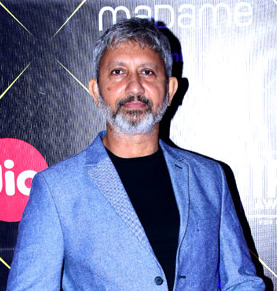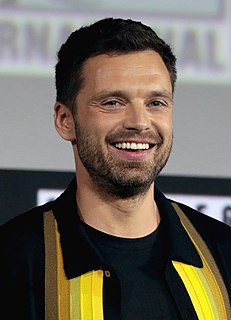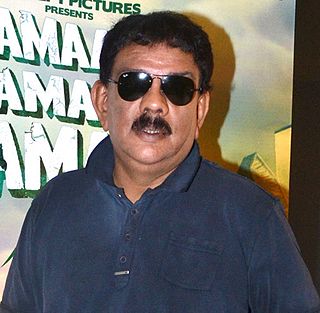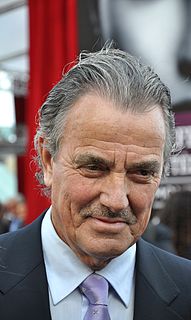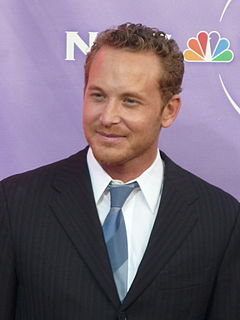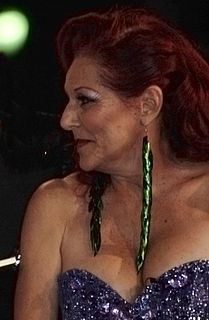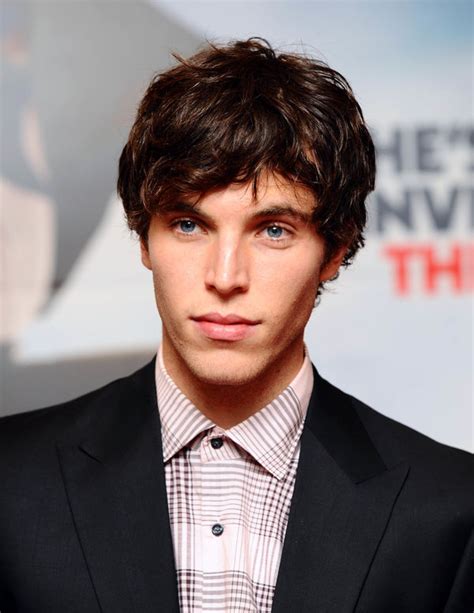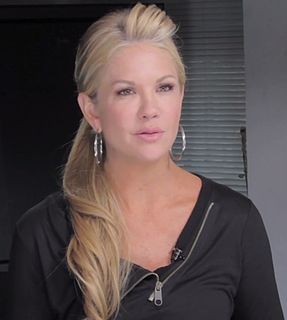A Quote by Pratik Gandhi
The job of an actor is to bring the story to the audience via screen.
Related Quotes
I feel like my job as a storyteller and director is to create an experience where the audience forgets they're in a cinema and can get lost in the story. Things popping out of the screen call attention to the artifice of what you're doing, so I use 3D as more of a window into a world behind the screen.
If the audience gets everything, if they see the photography and notice that it is good, then the story goes out the window, but if you become involved with the lives of the actors and forget that you are seeing mechanical devices on a huge screen - forget the make-believe - this is the job of the director to involve the audience with the actors.
I love my job so much. I thought, what a cool way for kids to learn, via assignment, via reporting. I learn so much as an adult going around and covering these stories. How fun it would be to do it via a storybook app and cartoon characters. My daughter can work on an iPhone and iPad like crazy. That's their world. If you can use that, use it educationally.
You can put the camera in places where you may not necessarily be able to put it there if I don't do the stunt. If it's character and it's storytelling, then we do it. We design the things around me. I don't do it just to do a stunt. It's storytelling for me and how I can best bring the audience into the action, bring the audience into the story. And that's how we always look at at.




